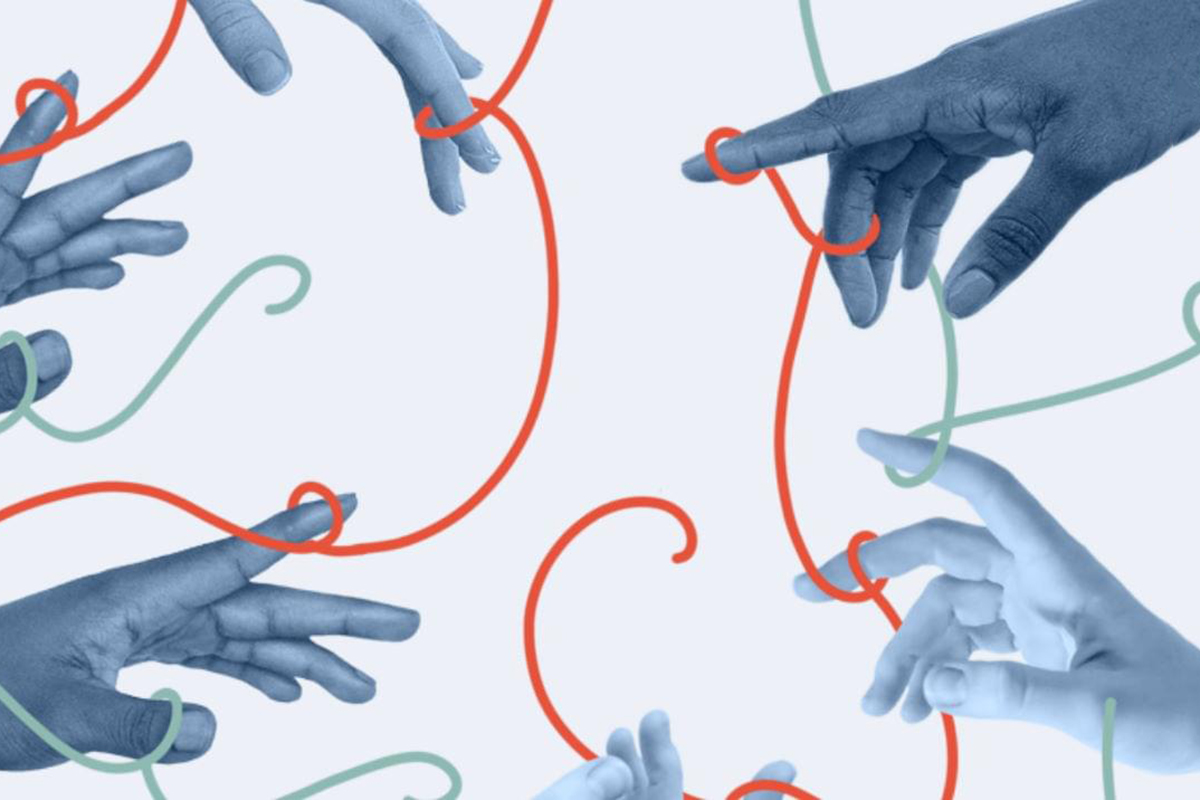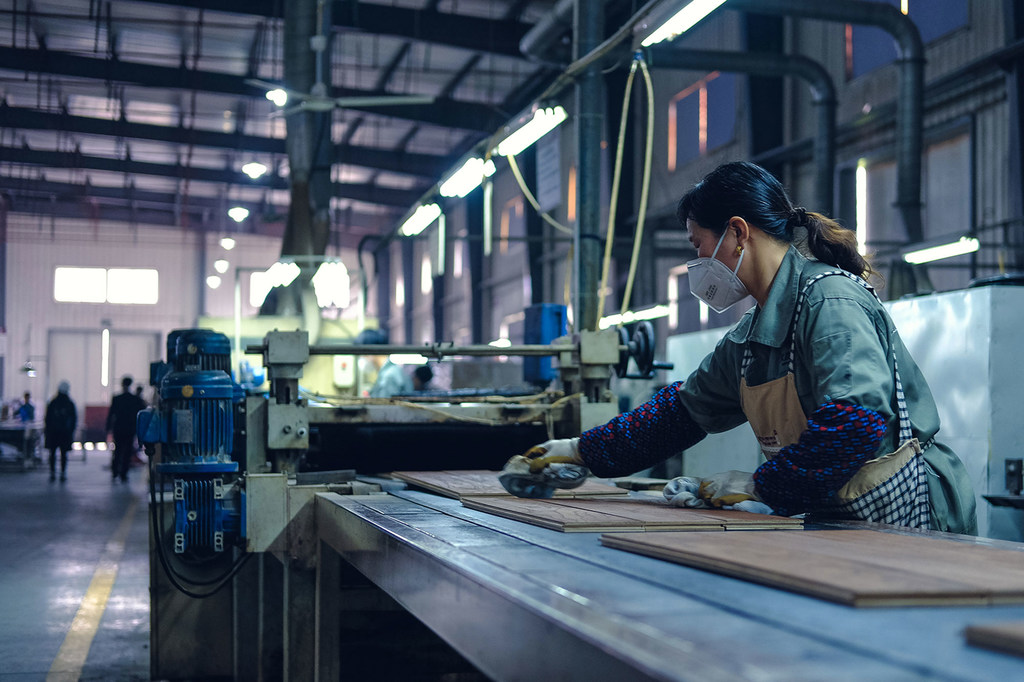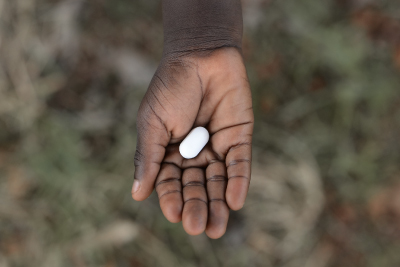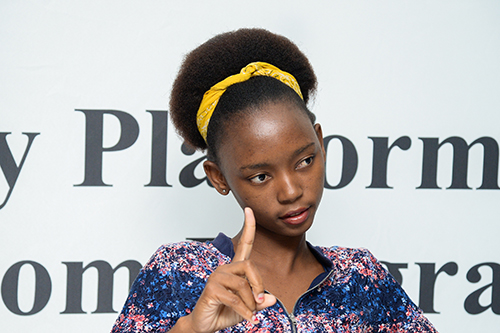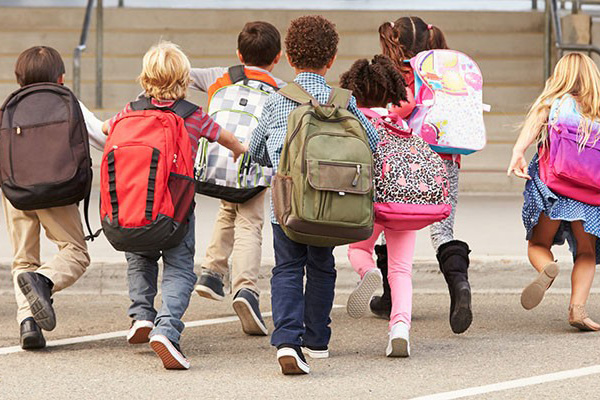The evidence is irrefutable. We cannot address the climate crisis without looking at the true cost of our addiction to oil, coal and gas. Fossil fuel subsidies are a major obstacle to our climate and sustainable development goals because they encourage investment in pollution and discourage renewable energy. Phasing out fossil fuels and taxing carbon will spur growth and innovation. The world will spend trillions of dollars to recover from COVID-19. This investment can build the green economies of tomorrow.
We step into a new decade bringing with us the shadow of the last. The COVID-19 pandemic challenged not just our everyday lives. It also drew our attention to the need to act as one to address the challenges of inequality, climate change and governance. In response, UNDP continues to work with its partners to deliver for those most in need. The pandemic tested international cooperation and the multilateral system that underpins it and showed, more starkly than ever, how we must respond collectively and in new more flexible ways to complex and unprecedented global challenges.
When the coronavirus pandemic brought New York City to a halt, United Nations interpreters ran into big trouble: their booths and equipment were no longer accessible. However, they are rising to the challenge, exploring new ways to service multilateral meetings, including from their homes. This story, with portraits produced remotely by UN Photo, documents how these professionals have been responding to new challenges COVID-19 added to their already daunting job of providing simultaneous interpretation in six UN official languages – Arabic, Chinese, English, French, Russian and Spanish.
A small business making natural products from jujube and tamarind has kept its doors open and workers safe thanks to the BioTrade principles and criteria for the sustainable commerce of plant and animal-based goods and services adopted before the pandemic. Besides being turned into healthy juices and syrups, the Jujube tree’s red fruit, commonly known as a red or Chinese date, is a key ingredient in traditional medicines. A slight drop in turnover hasn’t put the company’s future in jeopardy, which is important for women’s economic empowerment in the township, as 90% of factory employees are female.
Since the COVID-19 outbreak was first reported in Wuhan, China in late December 2019, the disease has spread to more than 200 countries and territories. In the absence of a vaccine or effective treatment, governments worldwide have responded by implementing unprecedented containment and mitigation measures—the Great Lockdown. This in turn has resulted in large short-term economic losses, and a decline in global economic activity not seen since the Great Depression. Did it work? IMF analysis, based on a global sample, suggests that containment measures, by reducing mobility, have been very effective in flattening the “pandemic curve.”
Return to work policies should be informed by a human-centred approach that puts rights and international labour standards at the heart of economic, social and environmental strategies and ensures that policy guidance is embedded in national occupational safety and health systems. Two guidance documents for creating safe and effective return-to-work conditions during the COVID-19 pandemic have been issued by the International Labour Organization (ILO).
With more than 100 projects to develop a COVID-19 vaccine underway around the globe – eight of which have entered the clinical stage – hope is growing for a miracle breakthrough. But so is concern over who would and would not have access to the shot, if and when one is approved. UNCTAD and the WHO have teamed up to respond to the urgent call to boost local production of essential medicines in developing countries.
When a 45-year-old Russian seafarer aboard a large cargo ship began to show signs of suffering a stroke, in mid-April, the ship’s captain was immediately alerted. Global Voyager Assistance, a remote medical assistance provider, confirmed the stroke diagnosis. But the ship was more than 220 km from the nearest port, and the port authorities rejected initial appeals for emergency medical assistance, due to COVID-19 restrictions in place. Despite repeated requests from the vessel’s captain, the seafarer’s national trade union and that of the country the ship was headed for, the ship could not enter port. The International Transport Workers’ Federation (ITF) called on two UN agencies, the International Maritime Organization (IMO) and the International Labour Organization (ILO), to intervene urgently.
Even under normal circumstances, persons with disabilities face discrimination, high rates of gender-based violence, and exclusion from services and decision-making. Today, as the COVID-19 pandemic spreads around the world, the vulnerabilities and barriers faced by people with disabilities are only growing. The pandemic and responses to it are projected to have a significant impact on women and girls, including higher incidence of gender-based violence and loss of access to life-saving health services. Protection from gender-based violence must be a priority for persons with disabilities.
Victoria Muteti, a 44-year old farmer living in Kenya’s Makueni County, has increased her harvest several times over. Luckily, she is able to keep farming during the COVID-19 pandemic, while observing all the necessary social distancing measures, and the extra income she’s made over the last two years has helped her improve her nutrition – along with many other facets of her life. Victoria owes these successes to her participation in an e-voucher initiative implemented by the Government of Kenya and jointly funded with IFAD and the European Union.
Dr Vicente Estrada, a Spanish infectious disease doctor, has dedicated his career to studying and fighting HIV. But when Madrid, where he lives and works, became a hotspot for COVID-19, Dr Estrada and his colleagues pivoted their work to help find a treatment for the disease that is taking a devastating toll on many countries around the world. Through the leadership of the World Health Organization, Dr Estrada and hundreds of other doctors around the world are now working together to find an effective treatment for COVID-19 through WHO’s Solidarity Clinical Trial.
Desert Locust upsurges aren’t a new phenomenon. Locusts are one of the oldest migratory pests in the world and have wreaked havoc on crops across the globe for centuries. When huge swarms infest many countries and spread across several regions or continents, it becomes a plague. A plague of Desert Locusts, the most destructive locust species of all, can easily affect 20 percent of the Earth's land, potentially damaging the livelihoods of one tenth of the world's population and seriously affecting food security.
UNESCO, UNICEF, WFP and the World Bank have issued guidelines on the safe reopening of schools amidst ongoing closures affecting nearly 1.3 billion students worldwide. The guidelines caution that the widespread closures of educational facilities in response to the COVID-19 pandemic present an unprecedented risk to children’s education and wellbeing, particularly for the most marginalized children who rely on school for their education, health, safety and nutrition. The guidelines offer practical advice for national and local authorities on how to keep children safe when they return to school.
Pregnant women should take routine preventative actions to avoid infection with the coronavirus, UNFPA announced in a statement. Preventative measures, recommended in alignment with the World Health Organization (WHO), include diligent hand-washing, avoiding close contact with people exhibiting symptoms of infection, covering sneezes and coughs, and thoroughly cooking meat and eggs. In general, pregnancy-related physical changes may increase some pregnant women's susceptibility to viral respiratory infections. UNFPA urges health officials to treat pregnant women with respiratory illnesses as an “utmost priority.”
Epidemics can be reversed, but only with the highest level of political commitment. WHO has asked the international community for US$675 million to fight the virus. The United Nations has dedicated US$15 million to fund essential activities such as monitoring the spread of the virus, investigating cases and supporting national laboratories. A United Nations Crisis Management Team has been established with WHO in the lead. UNDP is playing a key role in the wider UN response.


